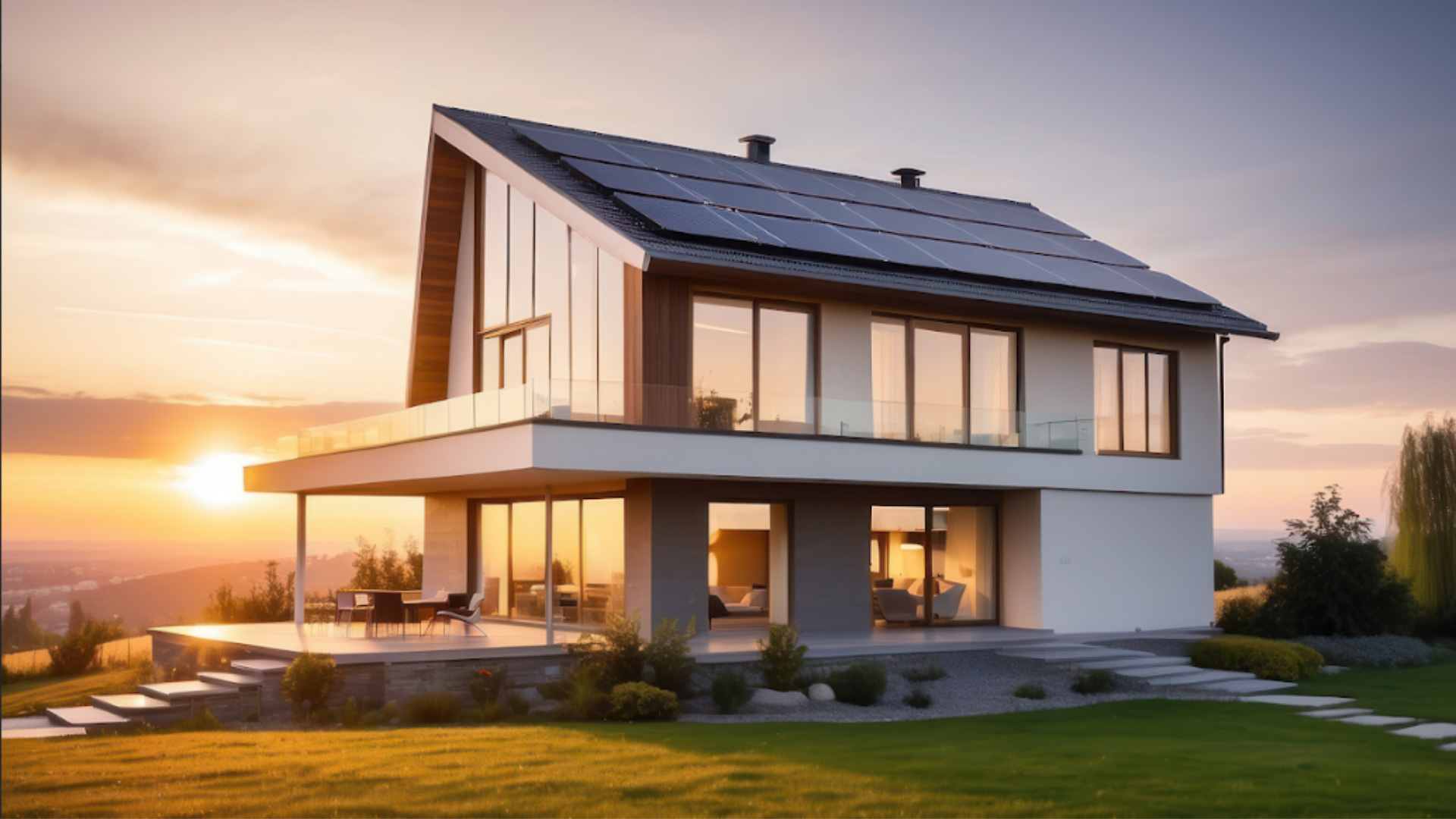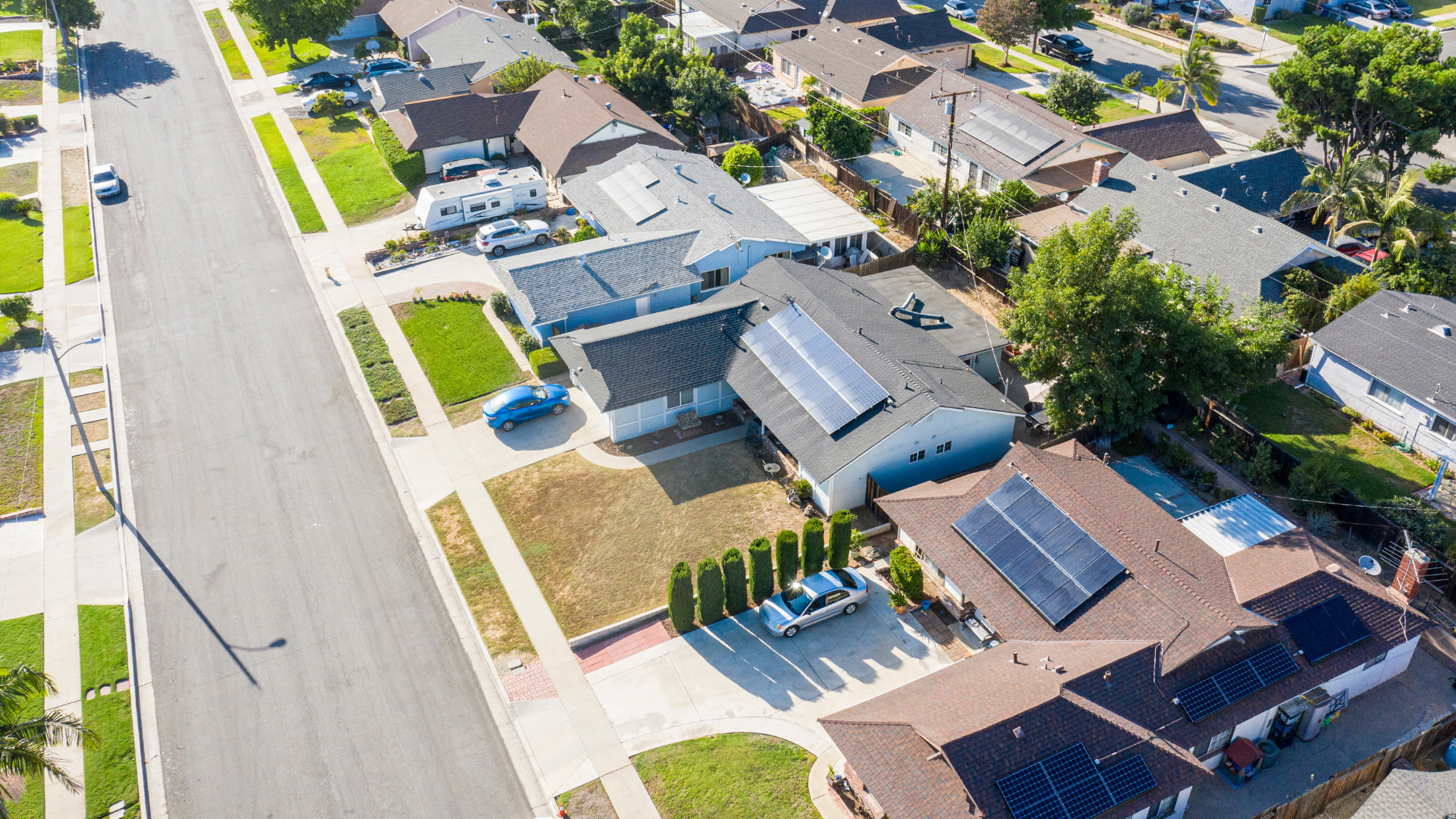Solar energy is commonly associated with summer sunshine and clear skies, but what happens when seasons change and days get shorter? You may be wondering whether or not solar panels are effective year-round, particularly in the colder or cloudier “off season.” Thankfully, today’s solar panels are able to capture and store energy effectively across all seasons. Let’s explore how solar power works during the off season and why it can still be a viable energy solution even when the sun isn’t shining as brightly.
Solar Panels Work in Low Light and Cooler Conditions
One of the most common myths about solar power is that it’s ineffective in colder weather. In reality, solar panels can function even more efficiently in cool temperatures than in extreme heat. Cold weather helps prevent the overheating that can slightly decrease solar panel efficiency, which means that even if daylight hours are shorter, solar panels can perform well during the cooler months.
In terms of light, solar panels don’t rely on direct sunlight alone. They can capture and convert diffused sunlight, allowing them to generate energy on cloudy or overcast days. While production is lower on cloudy days compared to clear, sunny days, the technology behind solar panels ensures they’re still able to create usable power.
Energy Storage for Year-Round Use
For those looking to optimize solar use in the off season, energy storage systems like solar batteries are a game-changer. Solar panels can often generate more electricity during peak sunlight months, and with a battery system in place, excess energy can be stored for later use. This stored energy comes in handy during winter or cloudy stretches, helping households to maintain consistent power access even when daily sunlight is limited.
Financial Benefits Beyond Peak Season
Financially, solar power provides consistent savings. Even though winter days are shorter, any energy generated offsets electricity costs, and net metering credits or stored energy ensure that utility savings don’t disappear when summer ends. Additionally, tax credits and other incentives make solar panel installations more affordable, allowing homeowners to maximize their return on investment regardless of the season.
Conclusion
Yes, you can absolutely use solar in the off season, and modern solar technology makes it surprisingly effective. Solar panels continue to work in cooler and cloudier weather, and energy storage and net metering help make the most of solar energy generated during sunnier months.
While seasonal shifts may impact production levels, solar power remains a reliable, cost-effective, and environmentally friendly solution for year-round energy needs. So if you’re considering going solar, rest assured that your investment will continue to pay off all year long.
And if you’re ready to make the switch, reach out to Solar Optimum today so we can help.






